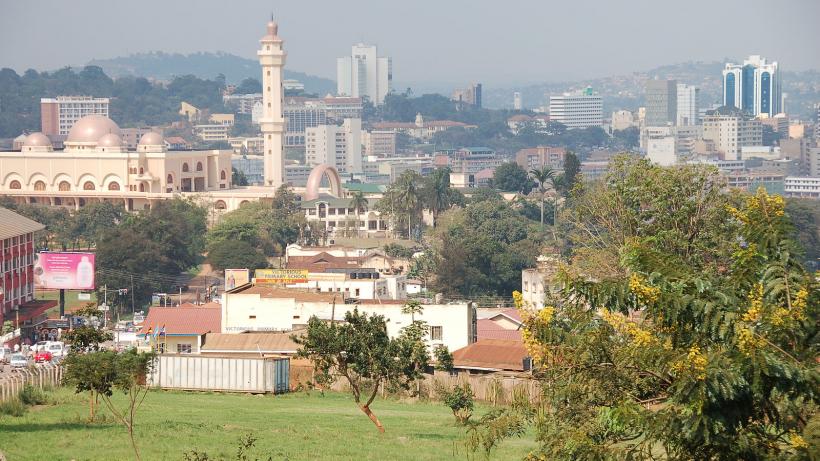Uganda’s energy sector: A fiscal risk
Uganda is a low-income country -- with middle-income ambitions -- that has made the energy sector a cornerstone of its development policy. The country allocates a large share of its public resources on providing a reliably supply of electricity to new businesses and to its citizens. Uganda has used debt to finance hydropower dams, transmission lines, and other large energy-related projects. Since Uganda’s participation in the Highly Indebted Poor Countries (HIPC) initiative around the turn of the century, Uganda’s debt levels have remained relatively low in comparison with its peers. The primary motivation for this study is to review the financial sustainability of Uganda’s energy policy and to evaluate the risk that debt levels may spiral out of control.
The project informs Uganda’s energy policy and helps policymakers within the country’s Ministry of Finance, Planning and Economic Development (MoFPED) identify fiscal risks from the energy sector; the study provides the Ugandan authorities with an improved understanding of how energy projects impact the national budget and policy recommendations on how to avoid a situation where energy-related spending crowds out other priorities such as health and education.



